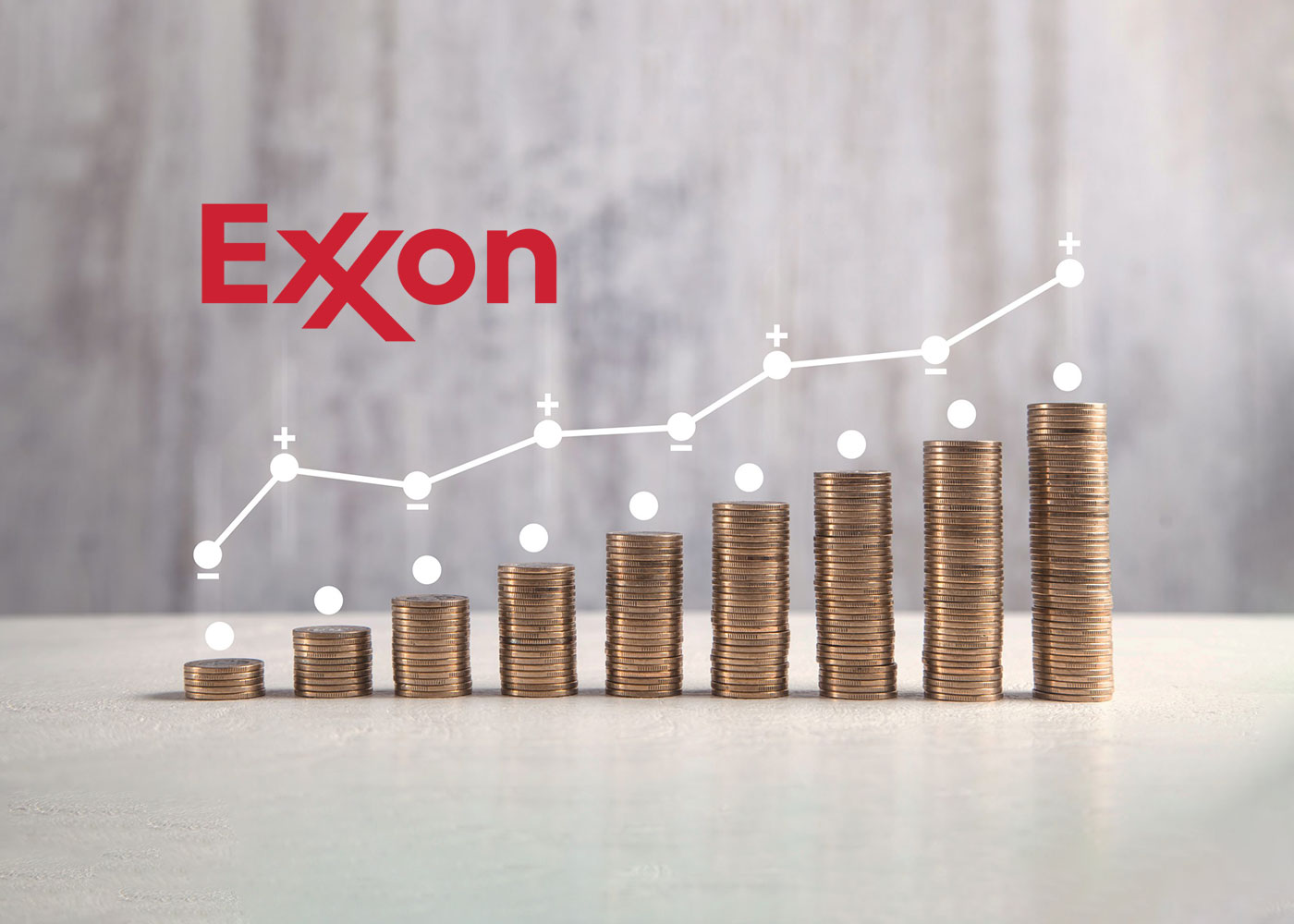![debit dda check charge: definition and explanation [2023] 1 debit dda check charge definition and explanation 2023](https://cryptolegalnetwork.com/wp-content/uploads/2023/04/Debit-DDA-Check-Charge-Definition-and-Explanation-2023.jpg)
Keeping up with financial regulations and laws can be daunting for anyone, particularly in the banking industry. To make it easier to understand these sometimes complex topics, it is vital to have a good grasp of all of the terminology used in conversations surrounding them. The Debit DDA Check Charge is one of many technical terms you may encounter as you manage your finances or learn more about financial regulation. In this blog post, we’ll define a Debit DDA Check Charge and its purpose so that by 2023, you’ll understand its implications and how to handle such transactions.
What Is a Debit DDA Check Charge?
Are you being charged a fee for writing checks from your checking account? This is known as a Debit DDA Check Charge. In simplest terms, it’s when banks charge their customers to process a check written against their Demand Deposit Account (also known as Checking Account). When you write out one of these paper payments to purchase something or pay someone else, your bank will take funds away from your Checking Account and pass them along to its recipient’s bank, which in turn credits the receiver with those same amounts.
If your checking account balance is too low to cover the amount of a check, you may get hit with an insufficient funds fee. What’s more, certain banks can even charge fees for processing checks regardless of whether there are enough funds in your account – these charges are known as debit DDA check fees. The magnitude of this fee varies between different banking institutions and types of accounts, so you must read over both the agreement and schedule carefully to comprehend the costs of having a checking account.
![debit dda check charge: definition and explanation [2023] 2 debit dda check charge definition and explanation 2023 2](https://cryptolegalnetwork.com/wp-content/uploads/2023/04/Debit-DDA-Check-Charge-Definition-and-Explanation-2023-2-1024x731.jpg)
Why Is Debit DDA Check Charge Applied?
Writing a check incurs certain costs to your bank, such as verifying signatures and ensuring that the amount can be taken from the account. Additionally, sending money off to another bank for it to be received also requires payment. To cover these expenses incurred by your banking institution, you may be subject to a debit DDA check charge – but this minimal fee is absolutely worth enabling access to secure payments both within and outside of banks!
From tedious paperwork to administrative fees, processing checks can be expensive for banks. Many financial institutions apply a debit DDA check fee to compensate for these costs and discourage account holders from writing insufficiently funded checks. This payment helps cover the cost of manual labor, additional legal resources, and all other expenses associated with checking deposits – ultimately protecting both parties in case of returned or bounced payments.
How to Avoid Debit DDA Check Charge?
There are several ways you can avoid a debit DDA check charge:
- Maintain a sufficient balance: To dodge a debit DDA check fee, be certain to have enough money in your checking account for the amount of the check. Maintaining an updated record of your account balance and avoiding overdrawing are essential measures that you should take.
- Use electronic payments: Rather than writing checks, opt for digital payments such as online bill pay, ACH transfers, or mobile payments. These alternatives are faster and more convenient than a paper check and may not require extra cost.
- Use a different type of account: If you’re a frequent check-writer and want to bypass those pesky fees, why not switch banks for one that offers accounts with waived DDA check charges? You’ll just need to keep your balance above the minimum requirement. Jump on this chance—it’s an easy way to save money!
- Negotiate with your bank: If you have a positive rapport with your bank and are an avid patron, there is potential for you to negotiate discounted or waived fees. Connect with your financial institution, and inquire whether any alternatives exist to bypass or lessen the debit DDA check fee.
Final Words:
In conclusion, a debit DDA check charge is a fee that banks may charge their account holders for processing a check drawn on their checking account. It is applied to cover the costs associated with processing checks and can vary depending on the bank and type of account. However, account holders can avoid the fee by maintaining a sufficient balance, using electronic payments, switching to a different type of account, or negotiating with their bank. Understanding and avoiding the debit DDA check charge can help account holders manage their checking account fees and avoid unnecessary expenses.






